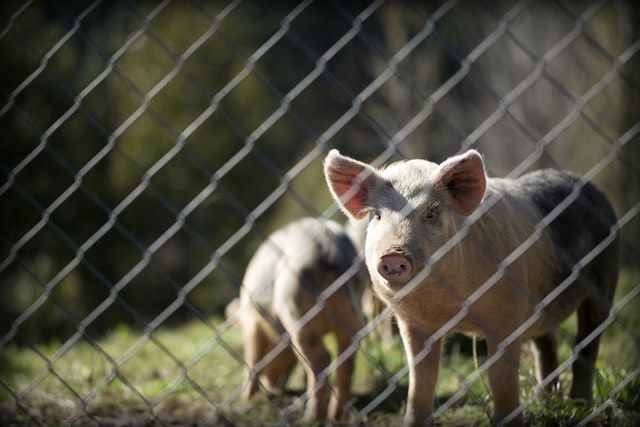Aggregated News

A team led by Chinese researchers say they have succeeding in producing genetically modified pigs with cells that are more compatible with the human immune system, paving the way for safe and effective organ transplants from animals to humans.
In a study published Monday in the Nature Biomedical Engineering journal, the researchers said they used CRISPR – Cas9 and a combination of other genetic technologies to inactivate porcine endogenous retroviruses (PERVs), a group of viruses that could be dangerous to humans, while also enhancing the pigs’ immunological and blood-coagulation compatibility with humans, which could reduce the risk of rejection by organ recipients.
The engineered pigs exhibited normal physiology, fertility and transmission of the edited genes to their offspring, according to the paper.
Transplants from pigs have long been investigated as a solution to the global shortage of human organs for patients with organ failure, for reasons such as the size of their organs – similar enough to those of humans – and their relatively short maturity period of about six months.
The risks of organ rejection due to the biological...



